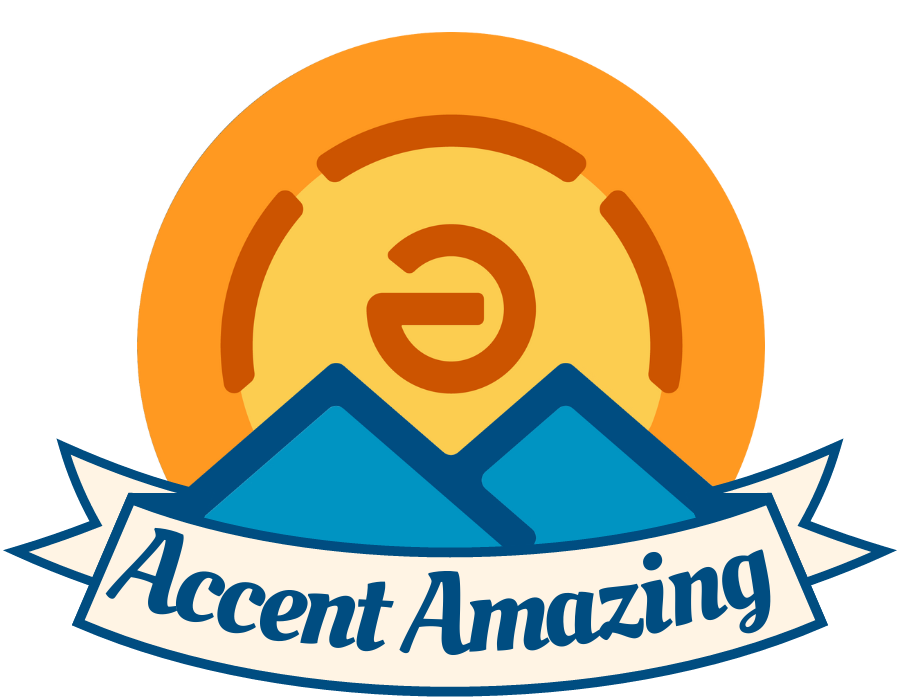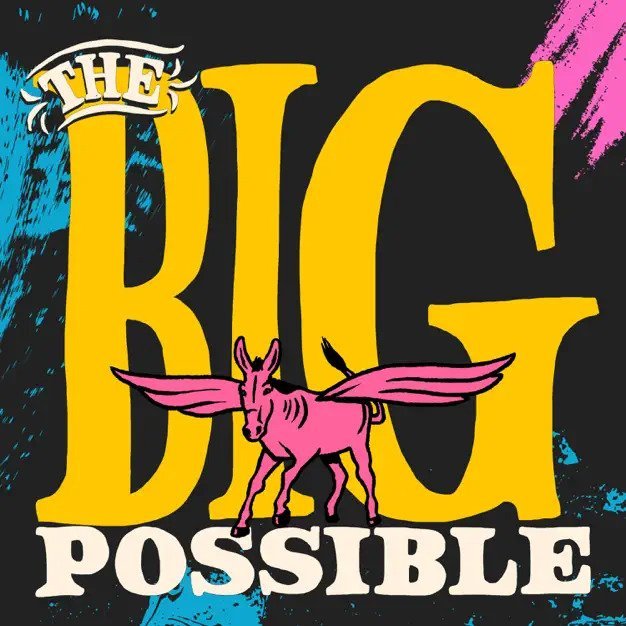Systems to achieve your goal: My interview on The Big Possible
As an accent and pronunciation coach, I recently had the opportunity to share my insights on building a successful business and helping my students in an interview with Noah Scott on his podcast The Big Possible. We previously met in Krakow and in Bucharest as well and got to do a podcast discussing self development, business, and how I help my students achieve their goals! In this blog post, I will be sharing three key takeaways from that interview that I think relate to my students.
1. Break goals and tasks down to avoid being overwhelmed
Noah: “What have you found to be the most effective habits to keep yourself on track and not overwhelmed?”
Adrian: “Break things down into manageable chunks”
One of the biggest challenges entrepreneurs face is feeling overwhelmed by the sheer number of tasks they need to accomplish. To avoid this, it’s important to break down your goals and tasks into smaller, more manageable pieces. This not only makes it easier to stay focused and motivated, but it also helps you track your progress and celebrate your successes along the way.
In the context of accent and pronunciation training, if you’re working on an accent feature, start small and easy and gradually increase the difficulty level, not the reverse! For example, if you’re working on the æ vowel in words like “bat” versus “bet” bɛt but you’re having difficulty with it, don’t start by just deciding to speak that way in your big presentation or conversation. Instead, start small, by first trying to say the sound in isolation. Then try it with individual words, then phrases, then sentences, paragraphs, and finally articles. Then try your hand at free speaking. That’s one example of breaking something big into something smaller and much more manageable.
2. Keep the goal in mind but be flexible in how get there
Adrian: “you want the goal in mind, but the way you get to the goal is flexible...once you
identify the goal, you can identify the paths that will lead to that goal”
While it’s important to have a clear goal in mind, it’s equally important to be flexible in how you achieve it. There are often many different paths to the same destination, and being open to new ideas and approaches can help you find the most effective and efficient way forward.
For my students, the goal is usually to either to be easily understood, or to sound native: clear identifiable goals. While the way to achieve this goal is practice, there isn’t only one type of practice. You don’t have to devote 2 hours a day if you’re strapped for time. Maybe you like singing along to English songs, or shadowing YouTube documentaries, or just imagining you’re a TED speaker. All of these help. Maybe you have a lot of time this week but no time next week. You can change your habits and actions to fit your schedule as long as you are still making your way toward your goal. Keep your goal in mind but allow yourself to be flexible in its execution.
3. Use systems and habits to streamline your life
Adrian: “I teach students patterns in languages, rather than them learning each individual word... a repeated pattern you can automate”
Systems are important in all aspects we do. Systems are repeated patterns of behavior or actions that are done automatically. By automating routine tasks and setting up systems to manage your workflow, you can free up more time and mental energy to focus on the tasks that really matter. This not only helps you stay productive and efficient, but it also reduces stress and burnout over the long term.
This relates in two ways to accent modification for my students. The first was briefly hinted at in the previous paragraph but make practicing your pronunciation a habit! Do it regularly and consistently. More importantly, set aside a specific time if you can. It’s much easier to do the right thing if you don’t have to decide when to do it. If you know that you always do 10 minutes of reading word lists out loud on Wednesday afternoon, then you don’t have to decide when to practice, and you can go straight into the practice without worrying about the scheduling of the practice!
The second idea is that what I teach—phonetics & phonology— is actually a system: the sound system of English. Different languages have different sound systems. Sounds are pronounced differently (they have different allophones) depending on where they are in a
word; they may sound different next to sound A than to sound B, and knowing these allophones is key to improving your accent. And because I teach you the sound system and its patterns, you’ll be ready to identify what any given word should sound like, because systems make things predictable!
What to do now
So that’s some ways we discussed goals and how to achieve them. But if you are looking to improve your pronunciation or accent so you can be more easily understood, or even sound American, then be sure to check out my video courses. Complete English Pronunciation has lessons for every single sound in English as well as audio recordings and exercises so you can practice on your own and improve at your own pace. If you’re a speaker of Russian or another East Slavic language looking to sound more American in your English, be sure to check out American Accent for Speakers of Russian, which I created specifically for you with specific materials tailored to your accent!
So check out the podcast, and check out the courses. Happy practicing and build those habits and systems! Let’s make your accent amazing!
The Big Possible episode 141: https://www.thebigpossible.com/podcast/6u9ki66fw5q7wg6pv1787d493gxq88

